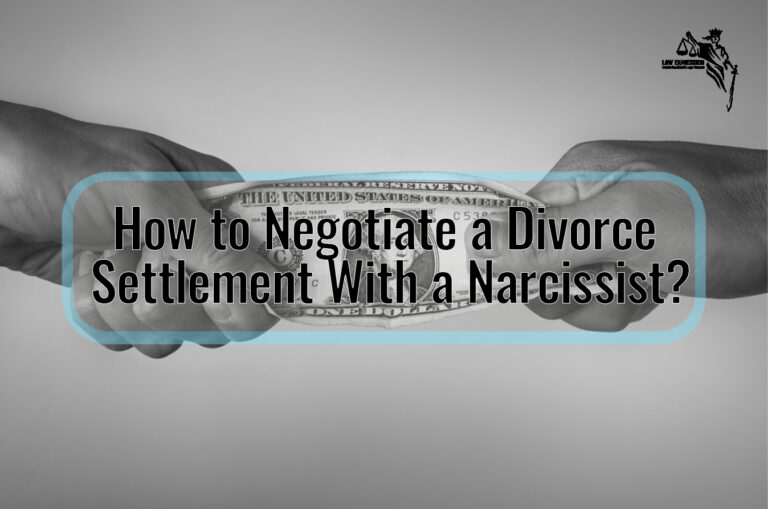How Old Does a Child Have to Be for Overnight Visitation?
The answer to this question will vary from state to state. However, in general, a child must be at least four years old to spend the night with someone other than a parent or guardian. This is because young children typically need more supervision and care than older children.
Additionally, overnight visits may not be appropriate for all families. For example, if there is a history of domestic violence or drug use in the home, it may not be safe for a child to spend the night there. Ultimately, it is up to the parents or guardians to decide what is best for their child.
The age of a child is often a contentious issue during divorces or when parents are no longer together. In many cases, one parent may want to have overnight visitation with their child while the other parent objects. So, how old does a child have to be for overnight visitation?
There is no definitive answer to this question as it depends on a number of factors. The court will usually take into account the wishes of the child, the relationship between the parents, and any potential risks associated with overnight visits.
If the child is very young (under 5 years old), it is unlikely that the court will grant overnight visitation rights to either parent.
This is because small children need stability and routine in their lives, and spending alternate nights with each parent can be disruptive.
As children get older, they can handle more change and disruption in their lives. For this reason, courts are more likely to grant overnight visitation rights to parents of older children (over 5 years old).
However, even in these cases, the court will still consider all of the relevant factors before making a decision.
In general, courts prefer that children maintain relationships with both parents after divorce or separation. Overnight visits can help promote this by giving children quality time with both mom and dad.
If you’re considering seeking overnight visitation rights for your child, speak to an experienced family law attorney who can advise you on your best course of action.
How Late Can a Parent Be for Visitation
No one likes to be kept waiting, especially when it comes to spending time with our children. But sometimes, life happens and we can’t help but be late for our scheduled visitation. So, how late can a parent really be for their court-ordered visitation without facing any legal repercussions?
The answer may vary depending on the state you live in, but generally speaking, being more than 30 minutes late for your scheduled visitation is considered a violation of the court order. This means that if the other parent complains to the court about your tardiness, you could end up being held in contempt of court.
Of course, there are always extenuating circumstances that can lead to a parent being late for their visitation.
If this is the case, it’s important to have documentation to back up your claim. For example, if you were stuck in traffic or had car trouble on the way to your visit, having a police report or tow truck receipt can help show that you did everything you could to make it on time.
If you do find yourself running behind schedule, try to give the other parent a courtesy call so they know what’s going on and aren’t left sitting around waiting.
At the end of the day, communication is key when it comes to co-parenting successfully.
At What Age Can Baby Stay Overnight With Dad?
Assuming you are asking in the context of overnight visitation or custody:
If the parents are unmarried, generally only the mother has automatic legal rights to custody and visitation of a child. The father must take action to establish paternity and then petition the court for custody and visitation rights.
Once paternity is established, many states presume that joint legal custody (both parents sharing in decision-making) is in the best interests of the child. However, the court may award sole legal custody to one parent if it finds that joint legal custody is not in the best interests of the child.
The physical custodial arrangements (where the child lives most of the time) are governed by a parenting plan or schedule which is part of a court order.
The non-custodial parent usually has parenting time with the child based on a schedule set forth in this order. In some cases, especially when children are very young, courts may order “supervised” visits for the non-custodial parent – meaning that another adult must be present during visits to ensure that there is no harm to the child. Courts will also often require that both parents attend co-parenting counseling or classes as part of any divorce or separation proceedings involving minor children.
Courts will always consider what is in the best interests of any minor children when making decisions about custody and visitation. Factors considered can include each parent’s ability to provide a stable home environment, whether there has been any history of abuse or neglect, each parent’s work schedule and ability to care for a child during weekdays/nights/weekends, etc. It is important to note that even if one parent has primary physical custody, both parents typically still have equal legal rights and responsibilities with regard to their children (e.g., both must consent before enrolling a child in school or authorizing medical treatment).
At What Age Can a Baby Be Away from Mother?
There is no definitive answer to this question as it depends on a number of factors, including the age and development of the baby, the length of time they will be away from their mother, and the care arrangements that are in place. Some babies may be able to stay away from their mother for a few hours at a time from around 6 months old, while others may not be ready until they are a bit older. It is important to make sure that any child care arrangement you choose is suitable for your baby’s individual needs.
How Long Should a 5 Year Old Be Away from Mother?
There is no definitive answer to this question as every child is different and will therefore have different needs. However, it is generally recommended that children aged 5 and under should not be away from their mother for more than a few hours at a time. This is because young children are still very dependent on their mothers and need regular contact in order to feel secure and happy.
If a child is going to be away from their mother for an extended period of time, such as overnight, it is important to prepare them in advance so that they understand what is happening and can cope with the separation.
How Long Should a 1 Year Old Be Away from Mother?
A one-year-old should be away from their mother for no longer than two hours at a time. This is because they are still developing a strong attachment to their mother and need her close by to feel secure. If a one-year-old is away from their mother for too long, they may start to experience separation anxiety.
So You Say Your Child is Too Young for Overnight Visits With Your Ex
Conclusion
In the United States, there is no federal law that dictates how old a child must be in order to spend the night with a non-custodial parent. Each state has their own laws and guidelines on this matter, and it is important to consult with an attorney in your area to determine what is best for your family. Generally speaking, however, most states will allow overnight visitation for children as young as three or four years old.
Of course, every family situation is different, and you should always consult with an attorney or other legal professional to ensure that your child’s best interests are being taken into account.




